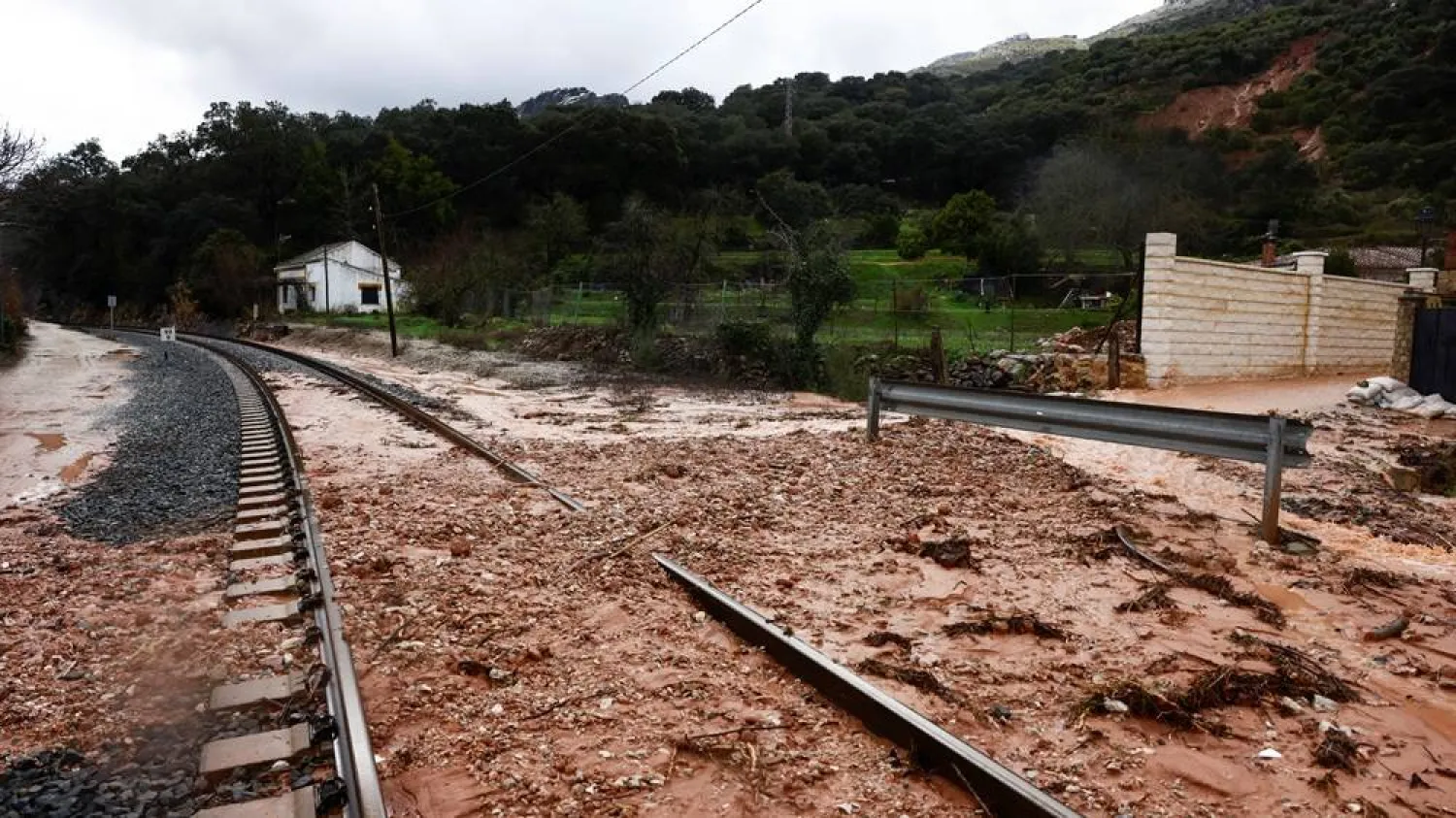The company that owns the salvage rights to the Titanic shipwreck has indefinitely delayed plans to retrieve and exhibit the vessel's radio equipment because of the coronavirus pandemic, according to a court filing made by the firm Friday.
RMS Titanic Inc. cited the “increasing difficulty associated with international travel and logistics, and the associated health risks to the expedition team.”
The Atlanta-based company also said that it's gone nearly a year without its primary source of revenue after virus restrictions closed exhibits of its vast collection of Titanic artifacts. Only some of the exhibitions, which are scattered across the country, have reopened. But they're seeing limited attendance.
The company, however, maintained that it's financially secure. The firm said the radio expedition remains a top priority and will “take place as soon as reasonably practicable.”
The company has argued that exhibiting the radio will help sustain the ship’s legacy while honoring passengers and crew. Known in 1912 as a Marconi wireless telegraph machine, the radio sent distress calls to nearby ships that helped save 700 people in lifeboats.
RMS Titanic Inc. filed its update with a US District Court in Norfolk, Virginia, which presides over Titanic salvage matters. The company said it will continue to work on an expedition funding plan, which the admiralty court has required.
But even without the pandemic, the expedition has been far from guaranteed. The firm has been in an ongoing court battle with the US government over whether the undertaking is legal.
Lawyers for the US government have argued that the mission is barred under federal law and an international agreement with Britain. The attorneys say the company must seek the government’s permission to remove the radio because the sunken vessel is a recognized memorial to the roughly 1,500 people who died.
The luxury ocean liner was traveling from England to New York in 1912 when it struck an iceberg and sank. It was discovered in 1985 about 2.4 miles (3.8 kilometers) below the surface of the North Atlantic.
RMS Titanic Inc. is the court-recognized steward of the ship's artifacts. Its collection includes silverware, china and gold coins as well as the Titanic’s whistles and a piece of its hull.
The US government’s effort to stop the expedition is pending in the 4th Circuit Court of Appeals in Richmond.
In the meantime, the company said in its Friday court filing that it had to lay off high-profile experts in the Titanic field: Dave Gallo, P.H. Nargeolet, Bill Sauder and William Lange.
The company said it “will seek to re-engage them when the time is right prior to the expedition, if and when it ultimately takes place.”









